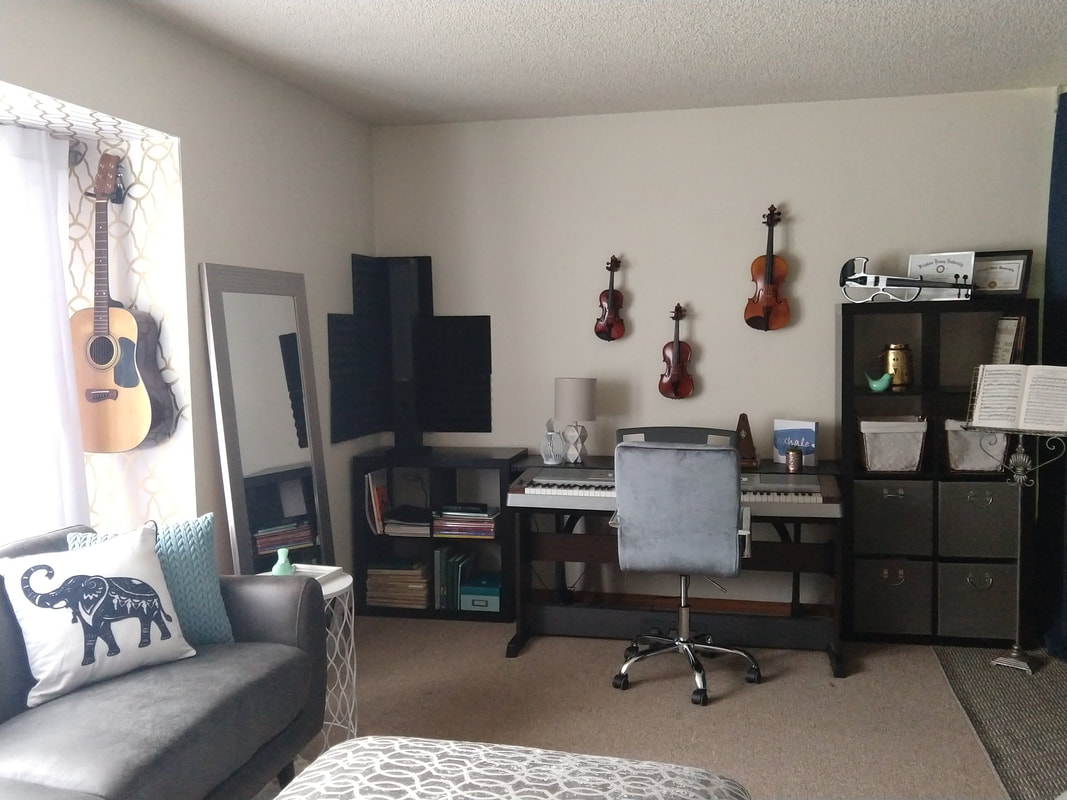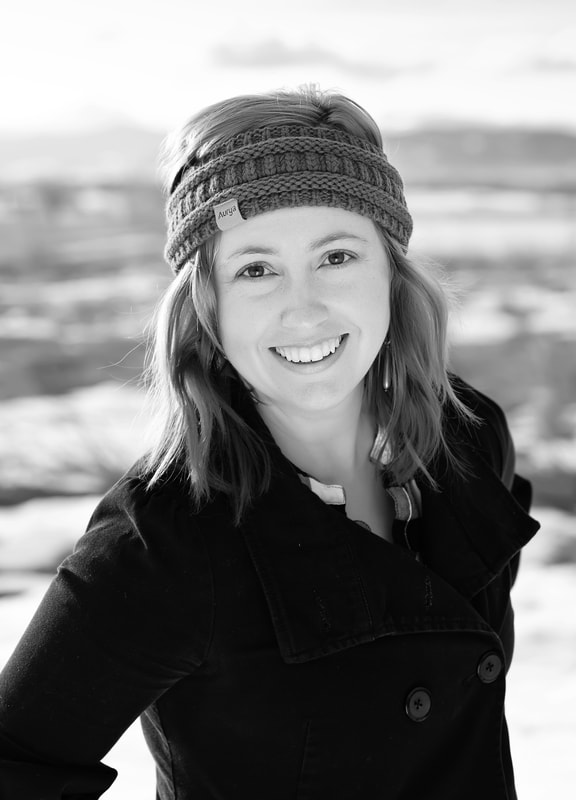When it come to singing, I have a few core beliefs. First, singing is a physical activity requiring mental and muscular coordination, and thus can be learned. While some people might have more of a predisposition for music and singing than others, everyone can improve. Absolutely everyone. It is definitely much harder for some people than others to learn this skill--think about running, crocheting or cooking. Those things are going to be harder for some depending on who they are. Learning to sing really depends on how much time and effort you want to put into it; some people won't care enough to put in the required work, and that's fine (In much the same way I have no desire to improve my basketball skills. But I could--if I really wanted to. I just don't. (: ). But, if you really want to learn, and you're afraid you can't because you weren't "born with it," I'm talking to you: You can!
One thing that people don't often understand is that healthy singing requires that you use your whole body as an instrument. I strongly believe in healthy, full-body singing and teach accordingly. Many of my lessons focus on developing body awareness and mindfulness while singing. For example, when my now-husband and I were dating he asked me to give him a voice lesson. I tried for several minutes to explain how he could lift his soft pallet. My first few attempts were unsuccessful, but I kept going, approaching my explanation in different ways and with different examples. Finally I had him breath in on an inverted "K." It worked! His eyes got big and he said "I didn't even know that part of my body could do that!" A lot signing breakthroughs hinge on becoming more aware of how your body works to produce sound, so I focus on both mechanistic explanations and physical exercises to develop that awareness. I believe in loving the voice that you have and developing it to it's fullest potential rather than trying to sound like someone else, so my lessons are extremely individualized. I have detailed written plans for each of my students and I involve them in the planning process so that I know we're going the direction that s/he wants to go. I spend a lot of time planning my lessons. Even so, I allow for flexibility, and each lesson for each student will be different. I focus on their individual challenges and interests. I choose repertoire based on the individual's vocal type and personality. And while I believe in flexibility, I also believe in making noticeable vocal progress, so my student's lesson plans will always have a larger, measurable goal that we are working towards. Lessons leading up to this goal will methodically cover all of the techniques needed to reach it. I also believe that it's generally easier for children to learn "music as a second language" than adults. In much the same way that children can pick up languages more readily than adults, children's growing brains are in the perfect state to absorb and learn to recognize musical patterns. Adults who have little to no exposure to singing as a child are generally my students who are challenged the most learning to sing (but they do!). So while I don't teach intense classical technique to children (I believe that children do not need to sound like adults to sing beautifully and be appreciated), I do work with children and I love it. I think voice lessons are so very good for children. I focus on basic musical concepts, gentle singing techniques and building confidence with children through musical games and learning repertoire. So that's a little about me as a voice teacher. Feel free to peruse the blog if you want to know more--I share many of my teaching techniques and answer musical questions here. And if you're in Fort Collins and interested in voice lessons you can schedule them here.
0 Comments
|
AuthorSinger, writer, mother, yogi, wife and chocolate enthusiast. Archives
January 2022
Categories |


 RSS Feed
RSS Feed